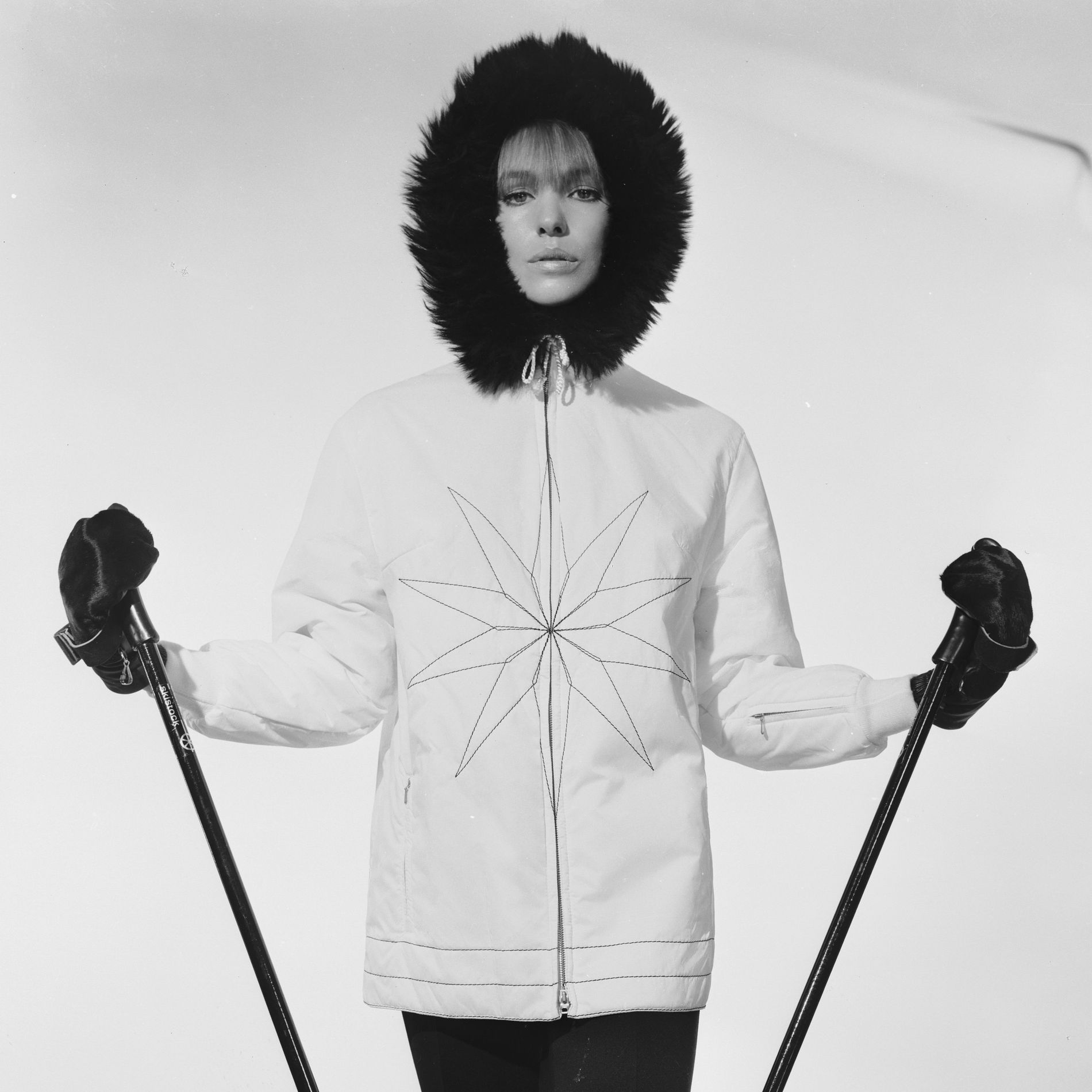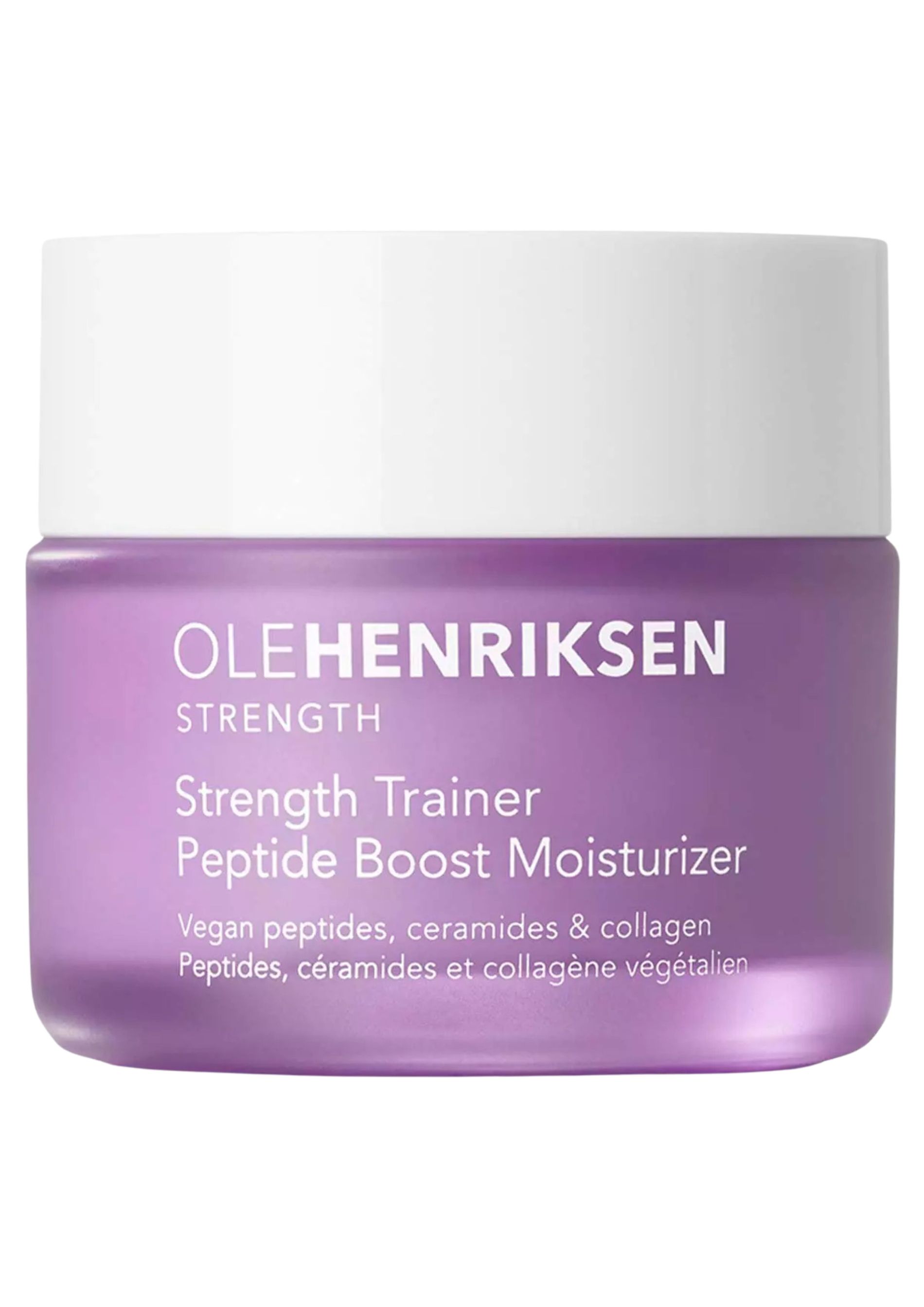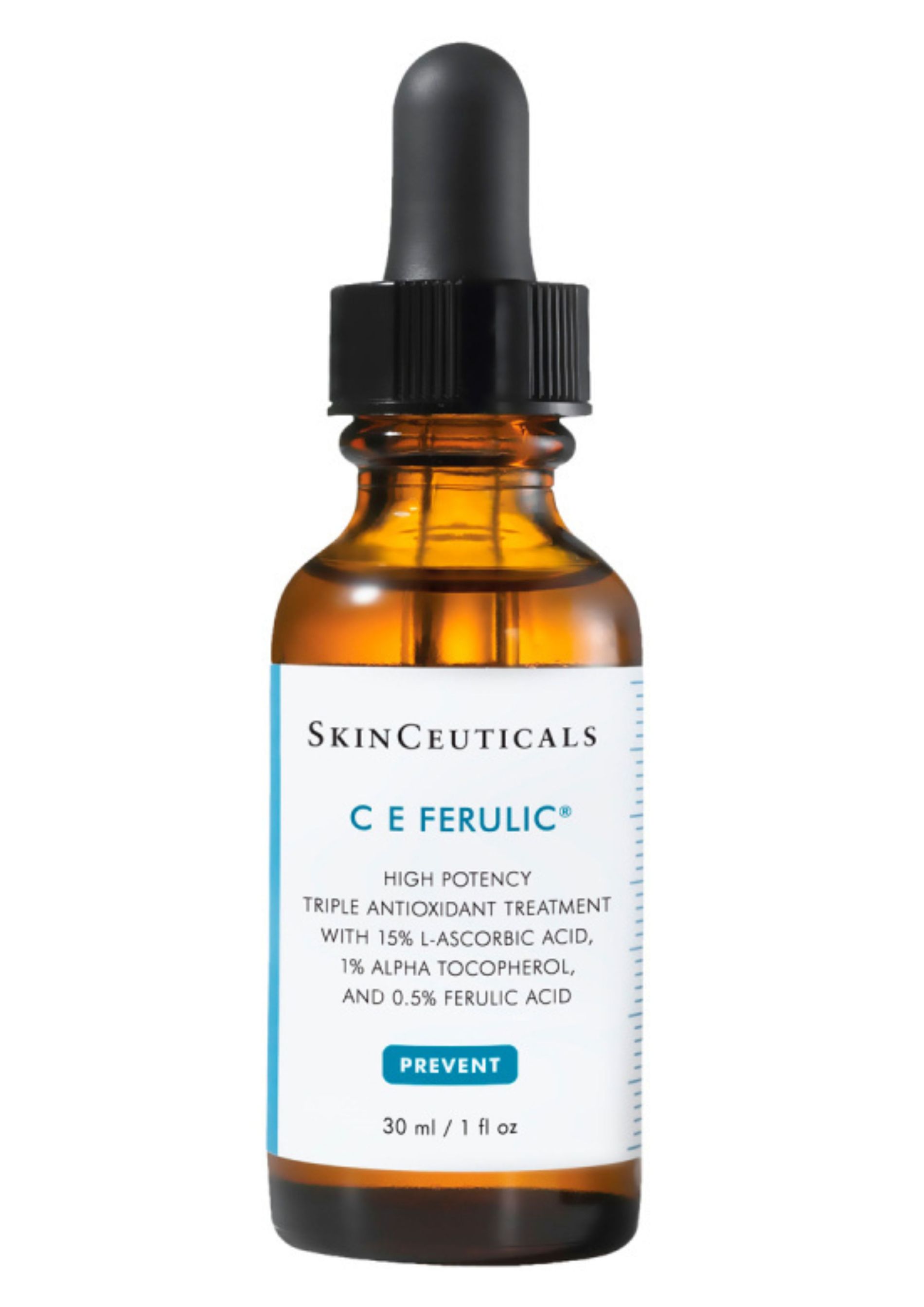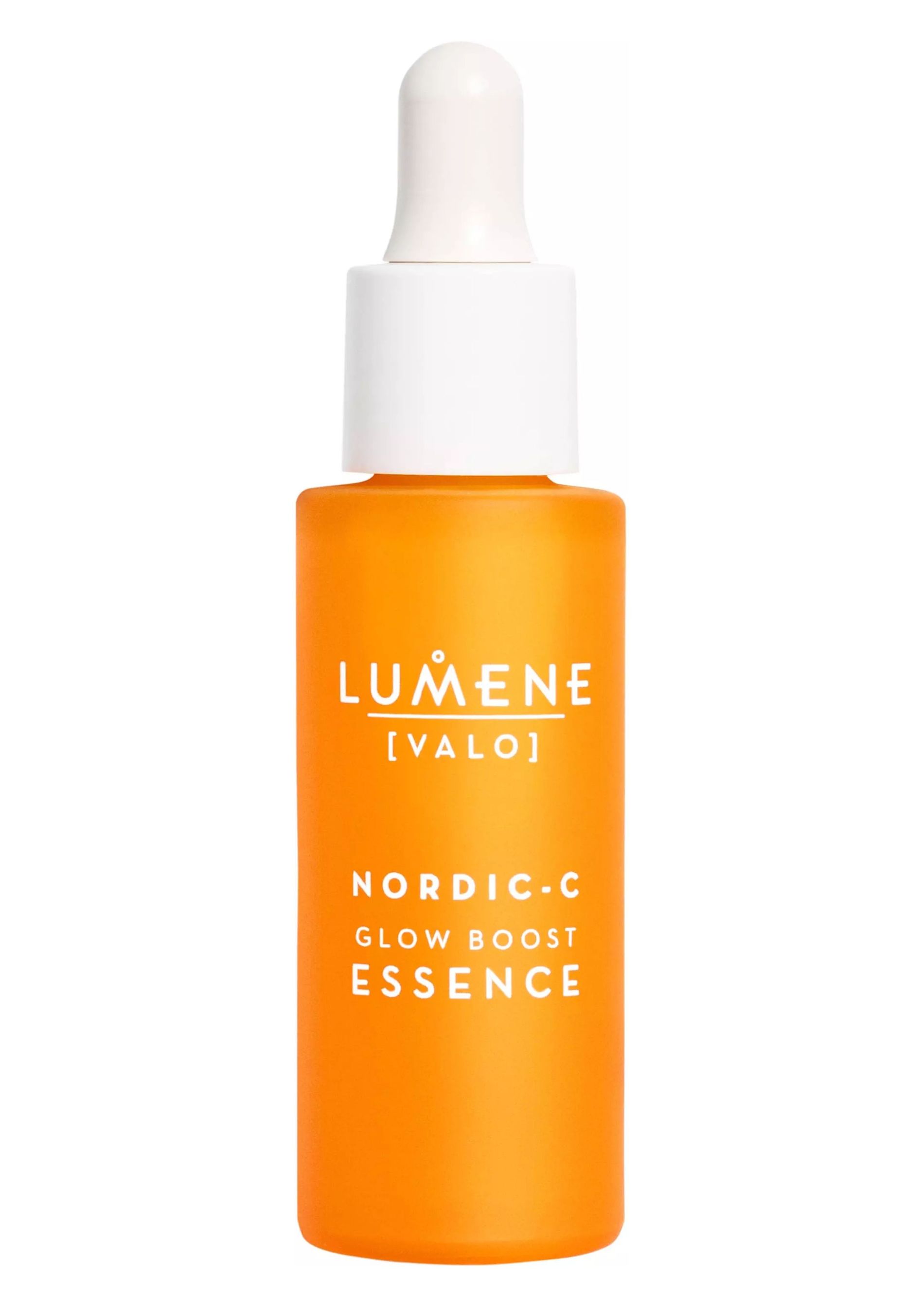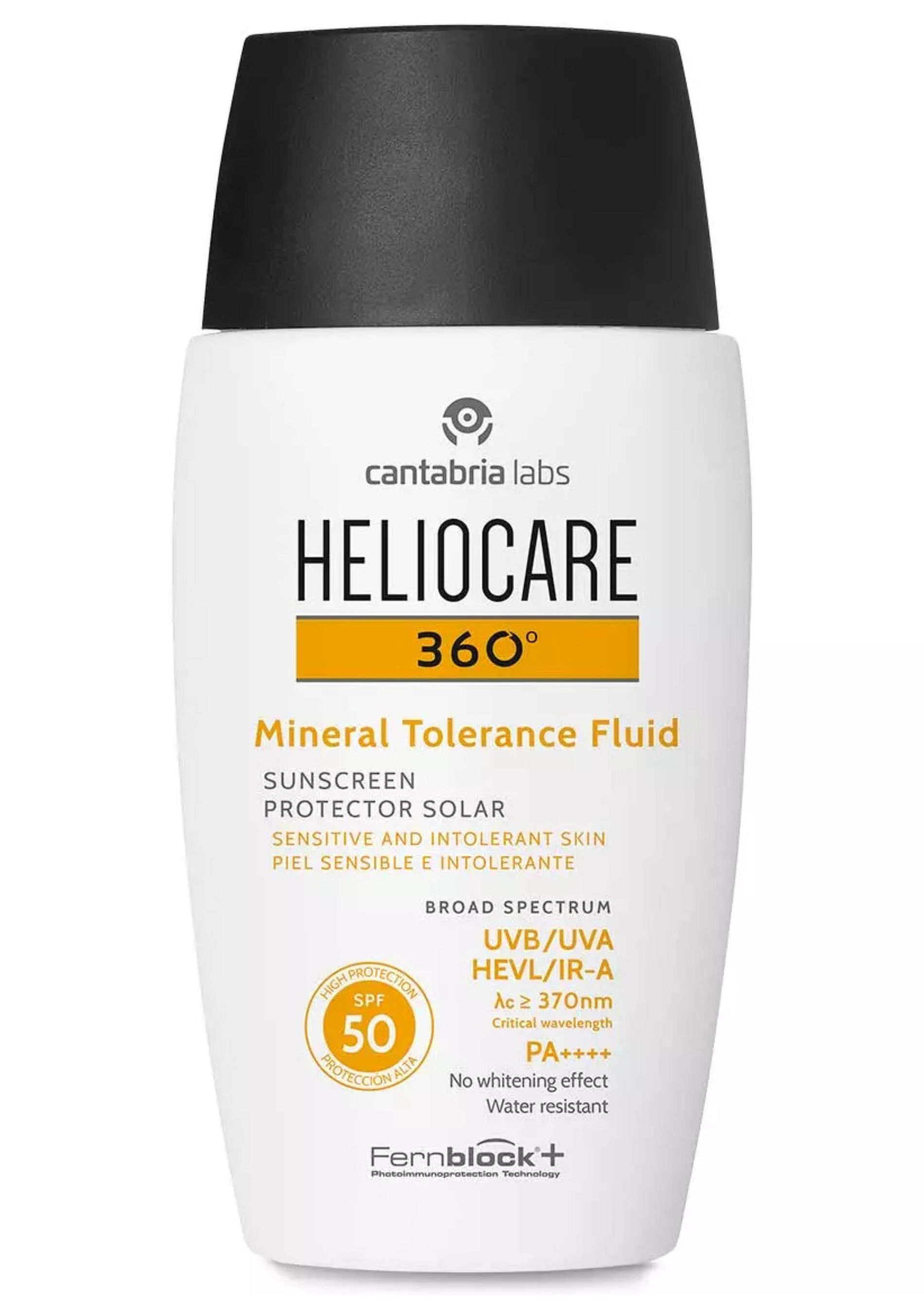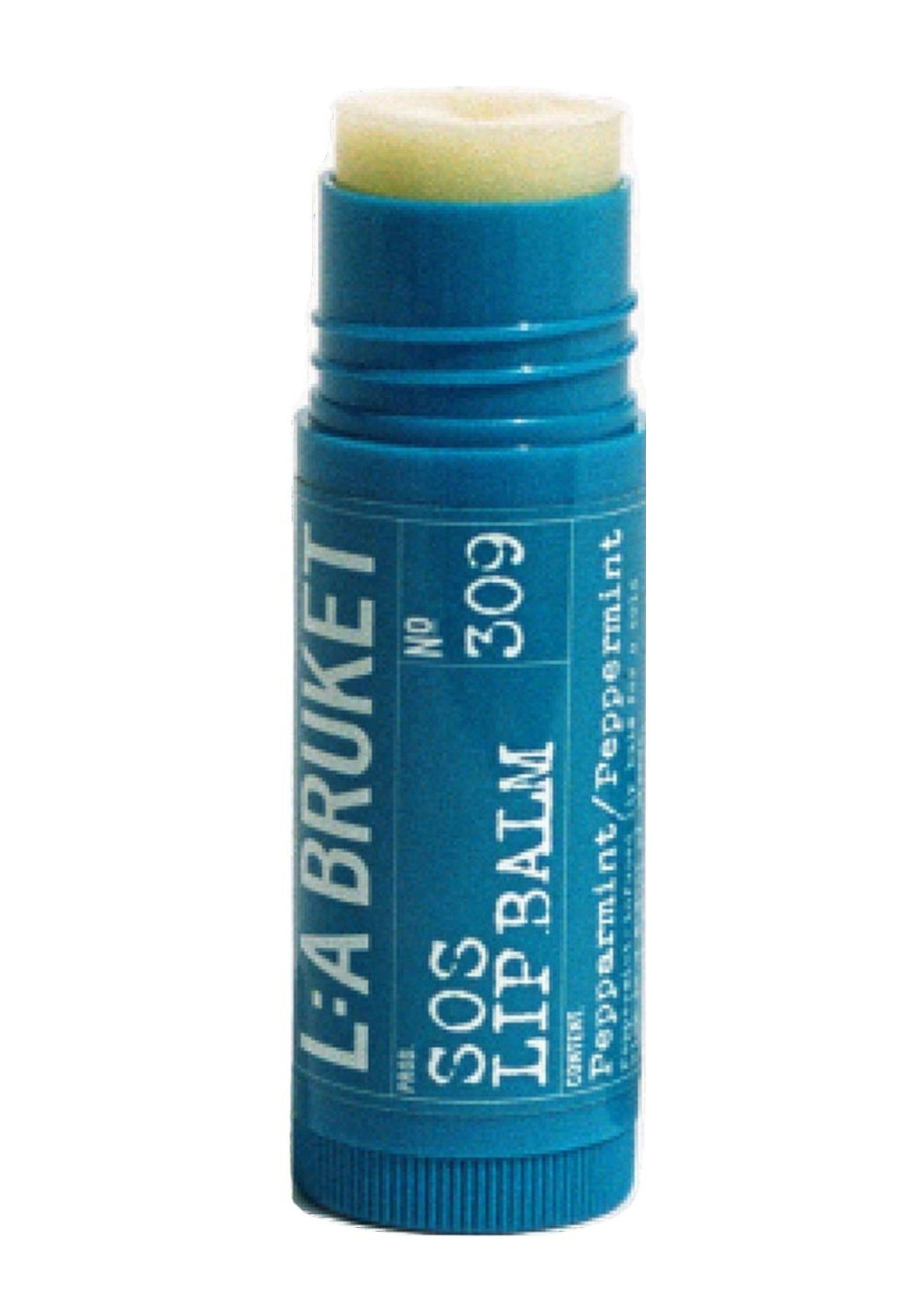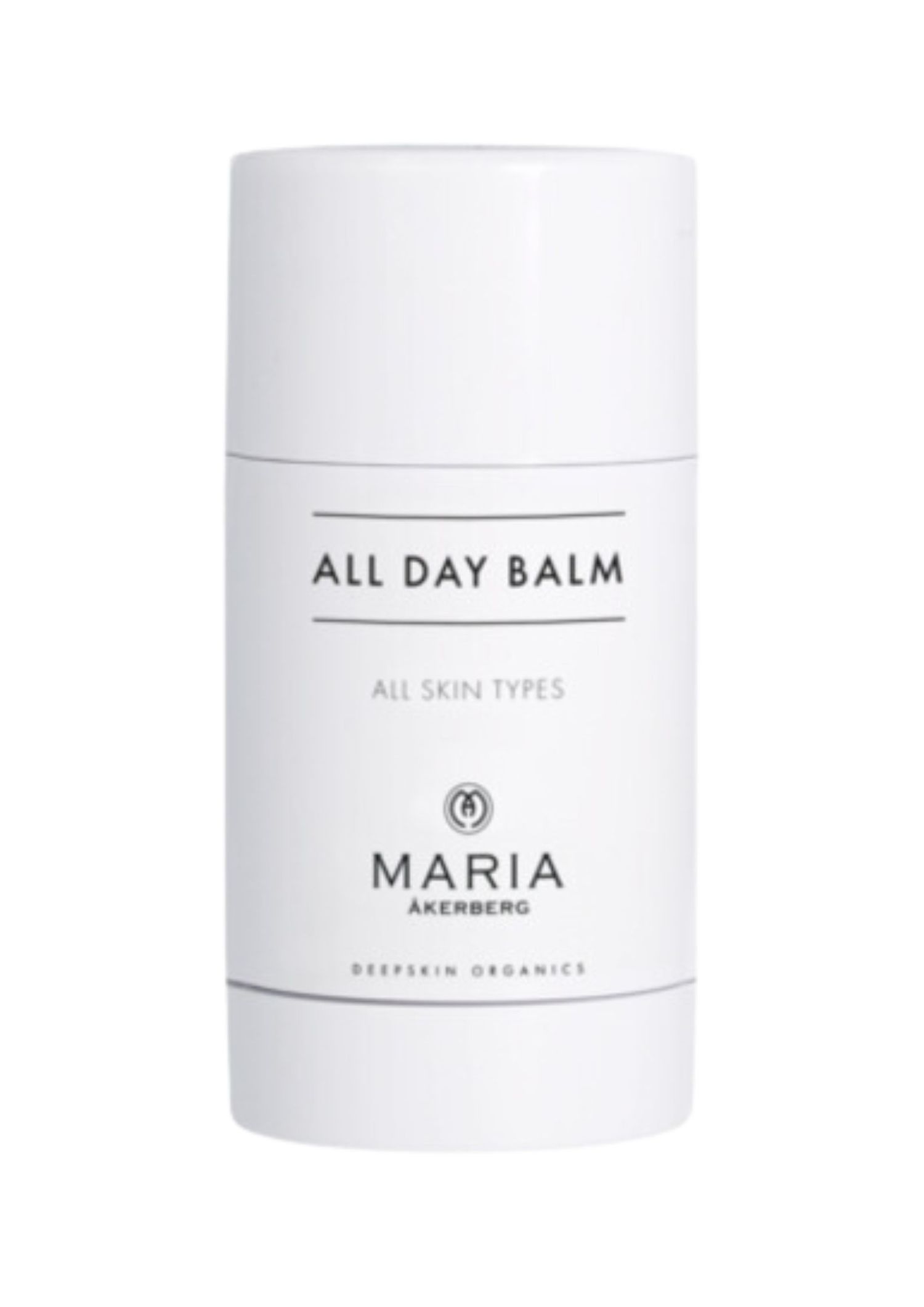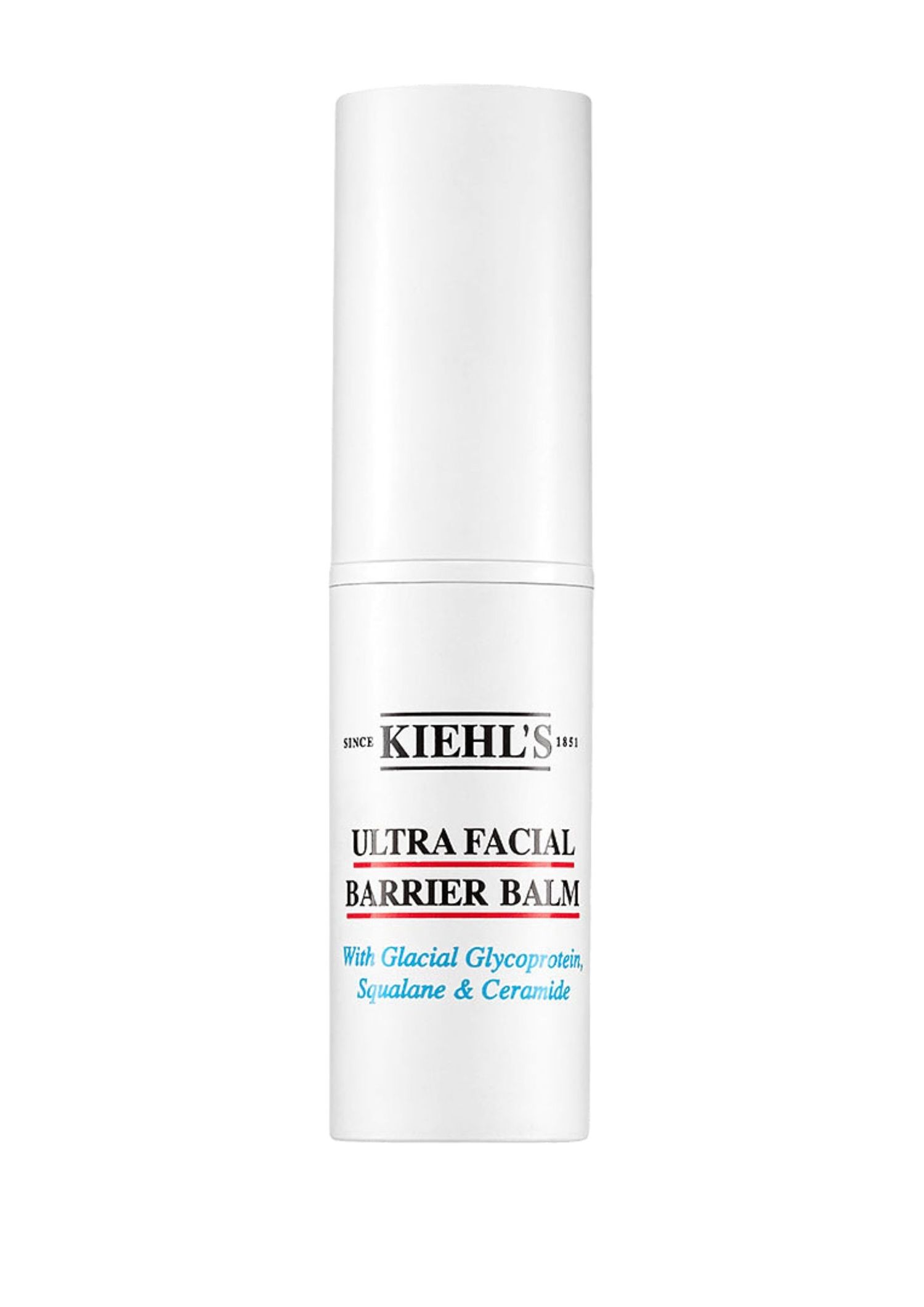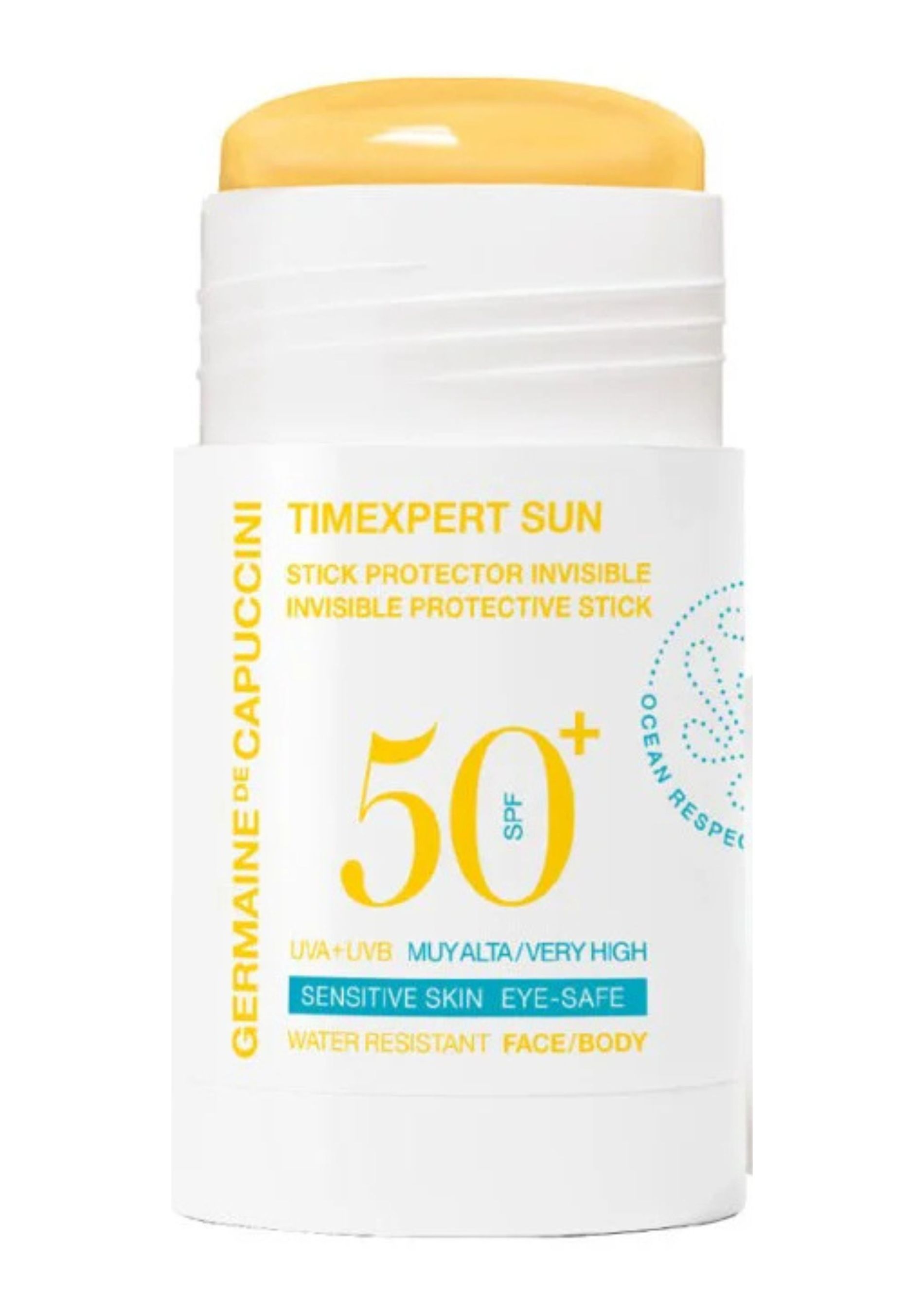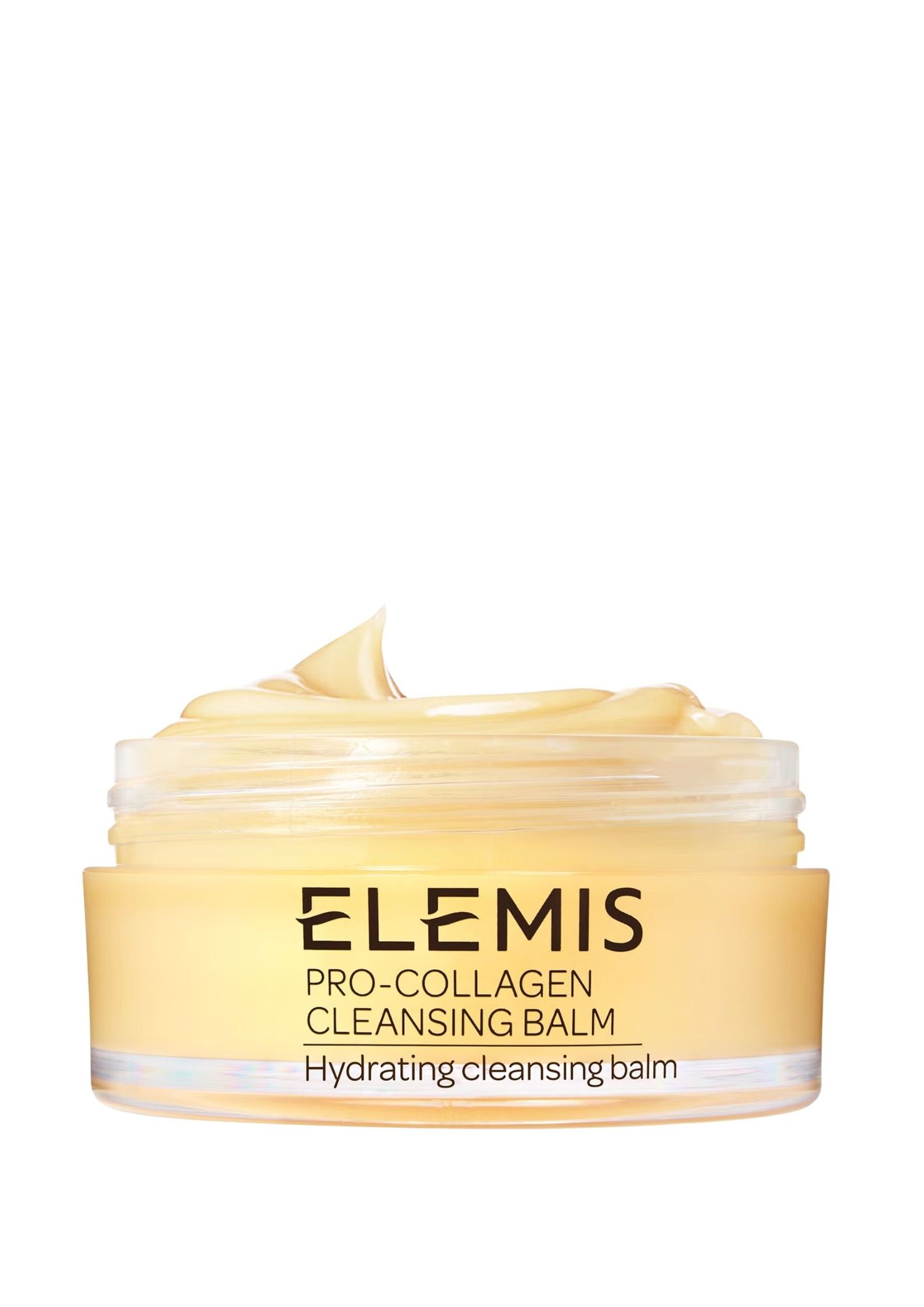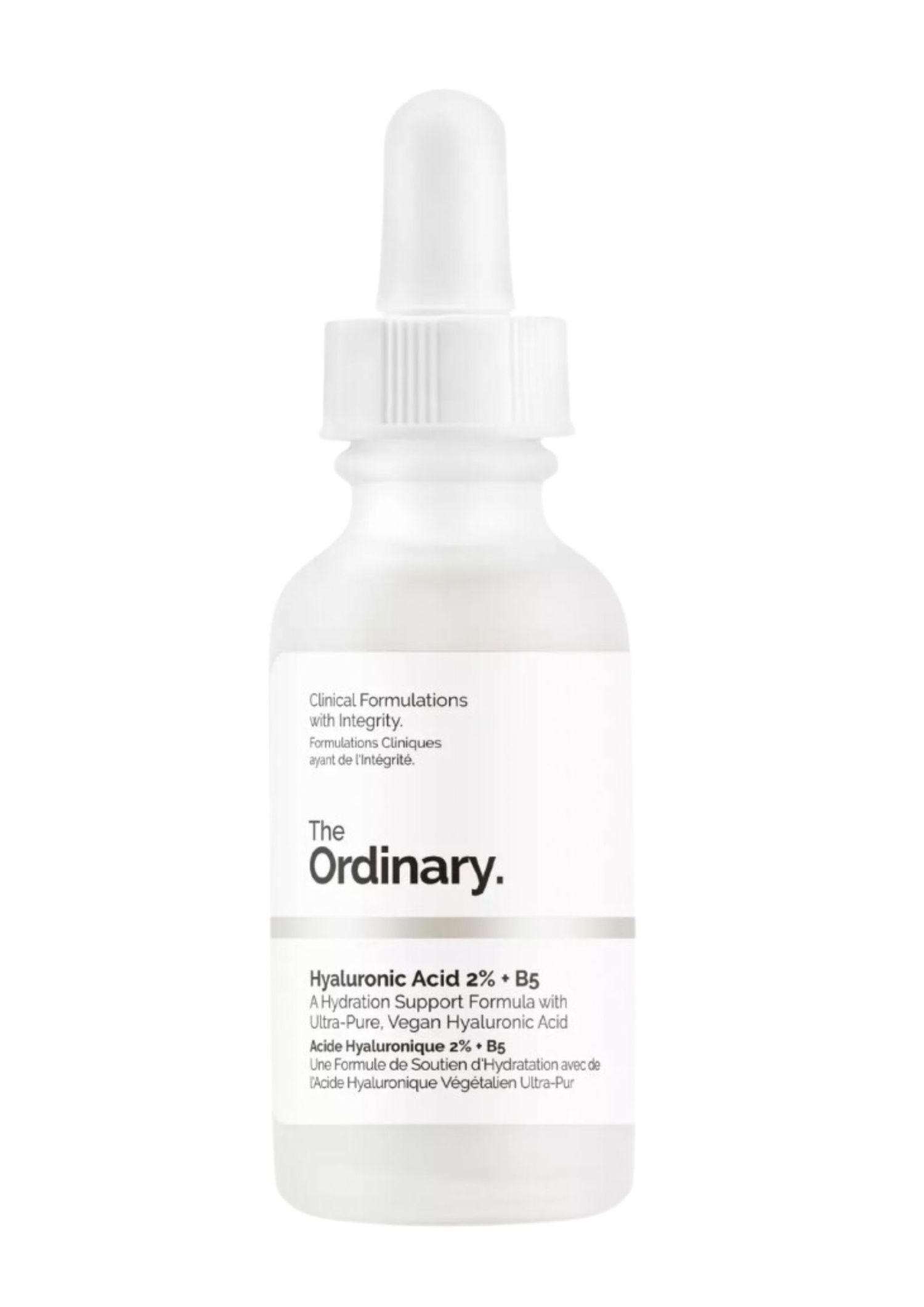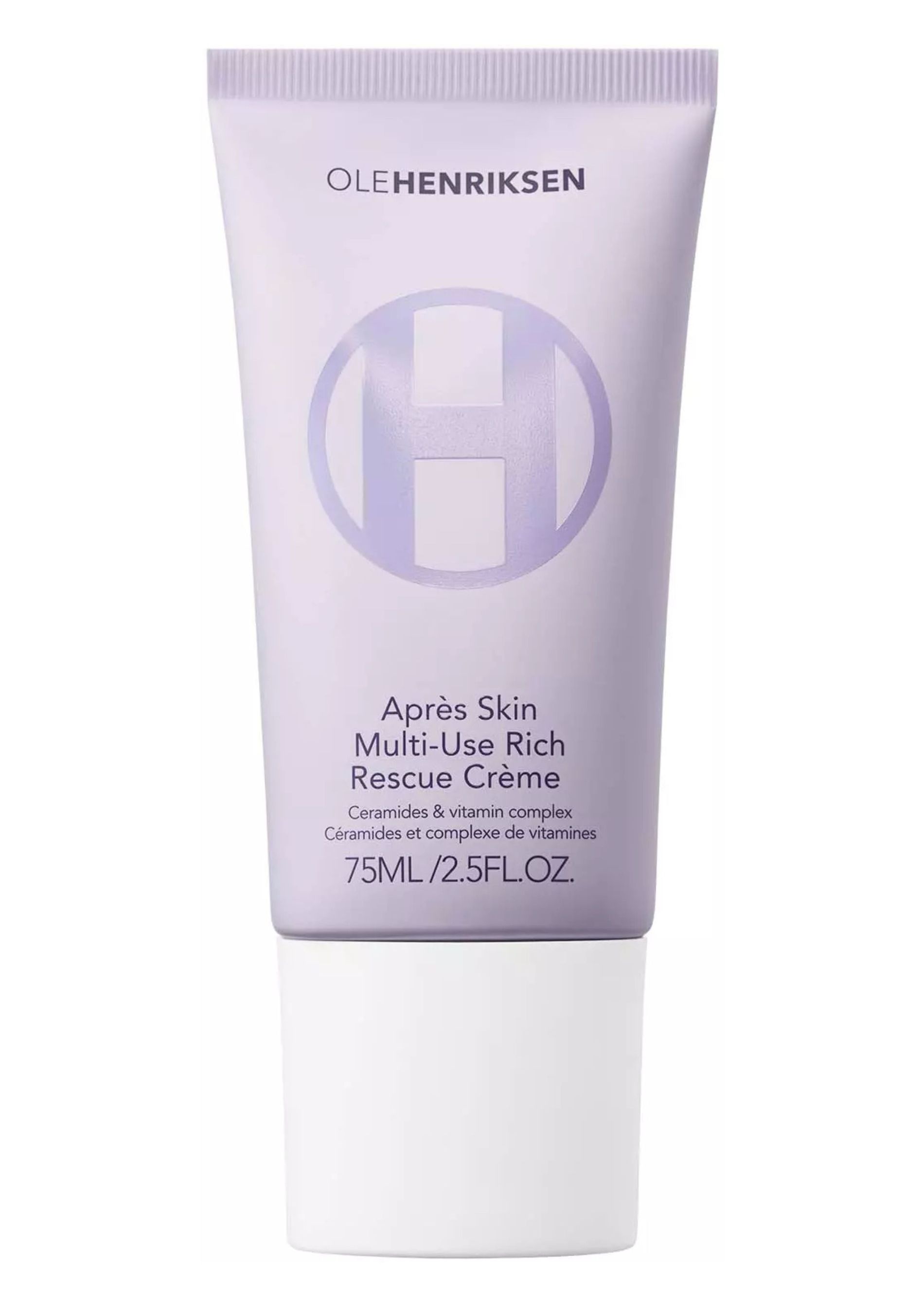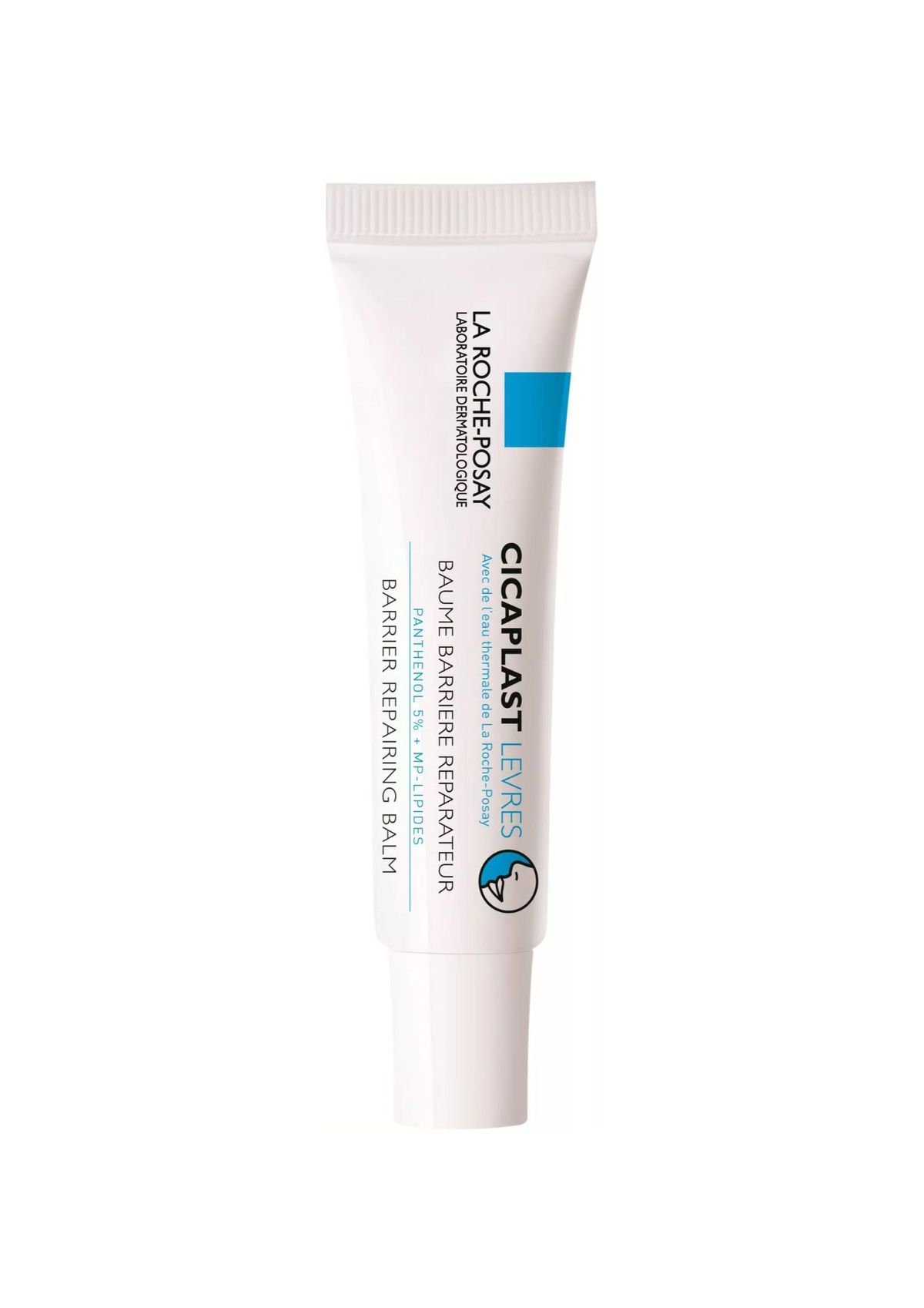Punishing temperatures, wind and scorching sunlight can easily damage your skin when skiing. Below, find the easy upgrades to your skincare routine for when you plan to hit the slopes
All products featured on Vogue are independently selected by our editors. However, when you buy something through our retail links, we may earn an affiliate commission.
When it comes to your skin, skiing is undoubtedly an extreme sport. “At high altitudes, skin has to endure a lot,” says aesthetician Dr Barbara Sturm. “Extreme temperatures deplete skin’s natural moisture reservoirs and weaken its barrier, leading to dry, flaky and irritation-prone skin. All this means that it is essential to use more lipid and antioxidant-rich products and double up on hydration.”
It doesn’t end there. The glaring sun at the summit has no trouble making its presence known – especially when snow bounces the rays right back onto your cheeks. “We often don’t feel the burn because of the cold headwind,” Sturm explains. “That can cause windburn, where skin experiences redness and soreness.” The good news? A streamlined ski-specific routine provides a robust defence, letting you enjoy your alpine adventure without the tell-tale signs of weather-beaten skin.
Shield against the sun by day
SPF is non-negotiable on the slopes. The intensity of the sun’s UV increases with altitude because less ozone and clouds in the atmosphere absorb these harmful rays. In fact, one study found that the Alps is one region where the highest UV levels are measured in Europe. “Snow reflects up to 80 per cent of the sun’s UV light,” says Sturm, which means the rays hit your skin twice, increasing your risk of skin cancer and premature ageing. That's why you should stick to a rigorous sunscreen routine, applying SPF50 every two hours, not forgetting your ears, and use a protective lip balm.
To make your protection even more watertight, get in the habit of applying a generous layer of antioxidant serum first. Antioxidants help to snuff out free radicals generated by sunlight before they can harm your collagen and DNA. Using VISIA Complexion Analysis, which detects sun damage under the skin’s surface, research by the University of Texas Health Science Center revealed that patients who applied vitamin C and E, ferulic acid, phloretin and green tea along with sunscreen showed less DNA damage after three months than those who used sunscreen alone.
Layered over serum and underneath SPF, a lipid-rich face cream does more than soften skin in a snowy setting. “It increases the hydration of the skin to improve its elasticity and stabilise the barrier function, making it better able to protect itself,” says Sturm.
Morning skin care
On the mountain
This is where the real challenge begins. Between skiing (and moments marvelling at the snowcapped scenery) your face is pummelled by a cold, dry climate. To stay ahead of that biting wind (and the reflection off the snow), keep a travel-friendly sunscreen stick in your pocket for seamless top-ups. Aim for touch-ups every hour or two, especially on exposed areas like cheeks and the bridge of your nose.
Windburn can creep up fast. If you feel that familiar sting, dab a protective balm directly onto your reddened skin (Kiehl’s Ultra Face Barrier Balm works well). A thick balm or salve adds an extra shield against the elements while you tackle another run. Lips can crack before you notice, so treat them on the go. L:A Bruket’s 308 Lip Balm SOS is a handy option — great for a quick slick mid-gondola ride.
Remember to drink more water than you think you need. Dehydration intensifies dryness, making the skin even more vulnerable. Taking sips on the chairlift is an easy habit to adopt, especially if you carry a small insulated bottle.
On the slopes skin maintenance
Your après-ski routine
It’s normal for skin to shed gradually over time. But if the barrier has been compromised by a combination of cranking radiators and icy temperatures, flaky, stinging redness can wreak havoc on a glowing complexion. It’s not exactly helped by the wind-chill factor on the slopes, so focus on using products to restore lost moisture and calm sensitivity in the evening.
Sturm abides by a two-step layering technique when ramping up hydration: serum, then moisturiser. Highly concentrated serums shuttle humectants into the deeper layers of skin while creams seal in the moisture on the top layers. Avoid water-based gel formulas for a moisturiser, though, as these can freeze on the skin and cause broken capillaries. Instead, choose a moisturiser powered by an oil- or fat-based formula.
Finally, given that your current skin regime is about strengthening the barrier, Sturm recommends “avoiding products that contain dehydrating ingredients, such as mineral oils, fragrance and alcohol, and aggressive ingredients such as acids.” A balm or oil cleanser will also be more comforting to the skin after a day of ski runs.
